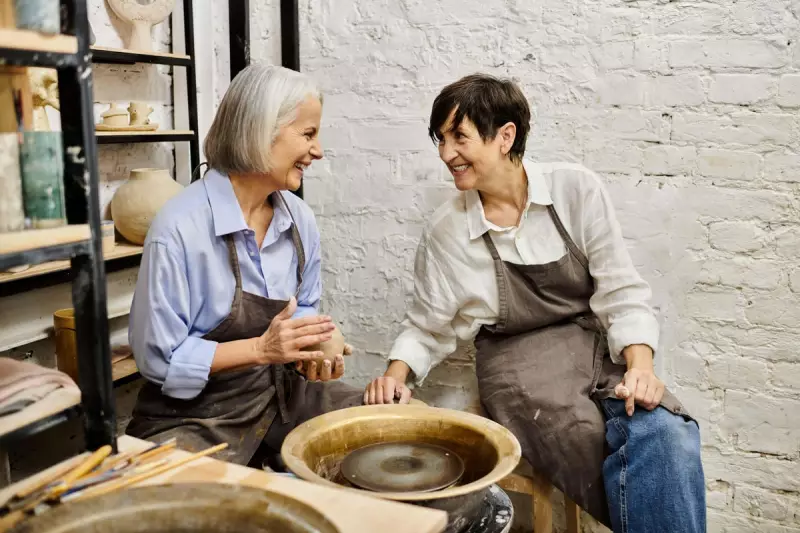
In a blistering assessment of the modern entertainment industry, acting royalty Sir Ben Kingsley has decried the current state of filmmaking, labelling it a 'terrible pity' for a generation of performers.
The Oscar-winning star of Gandhi didn't hold back in a recent interview, taking aim at the factory-like production lines of streaming giants and the diminishing role of the director. His comments serve as a stark warning about the artistic cost of the digital era.
The Death Of The Director-Actor Partnership
Sir Ben, 80, pinpointed the erosion of the sacred collaboration between actor and director as the core of the problem. He nostalgically recalled the intense, focused rehearsals that defined his early career, a process he believes is now extinct.
'You don't see that any more,' he stated mournfully. 'That is such a terrible pity. That is such a terrible, terrible pity.'
He contrasted his experiences working with legendary directors like John Huston and Richard Attenborough with the current model, where a director's vision is often sidelined by algorithms and content quotas.
A Subtle Swipe At Streaming Stalwarts
While not naming specific projects, Kingsley's critique seems directly aimed at the output of platforms like Netflix and Amazon Prime. He expressed sympathy for actors whose recent filmographies are dominated by such work, name-checking former James Bond colleague Pierce Brosnan and Dame Helen Mirren.
'I look at the list of credits of some of my colleagues, and I think…' he trailed off, his silence speaking volumes about his disapproval of their career choices in the streaming age.
Cinema Vs. Content: A Battle For The Soul Of Storytelling
For Kingsley, the distinction is clear: he makes 'cinema', while the new wave produces disposable 'content'. He passionately argued that without the guiding hand of a strong director, an actor's performance lacks depth and purpose, leaving them 'wonderfully high and dry' and alone.
This profound critique from one of Britain's most revered thespians is more than just nostalgia; it's a fierce defence of artistic integrity. It challenges the entire ecosystem of modern entertainment, questioning whether quantity and convenience have come at the expense of quality and soul.





